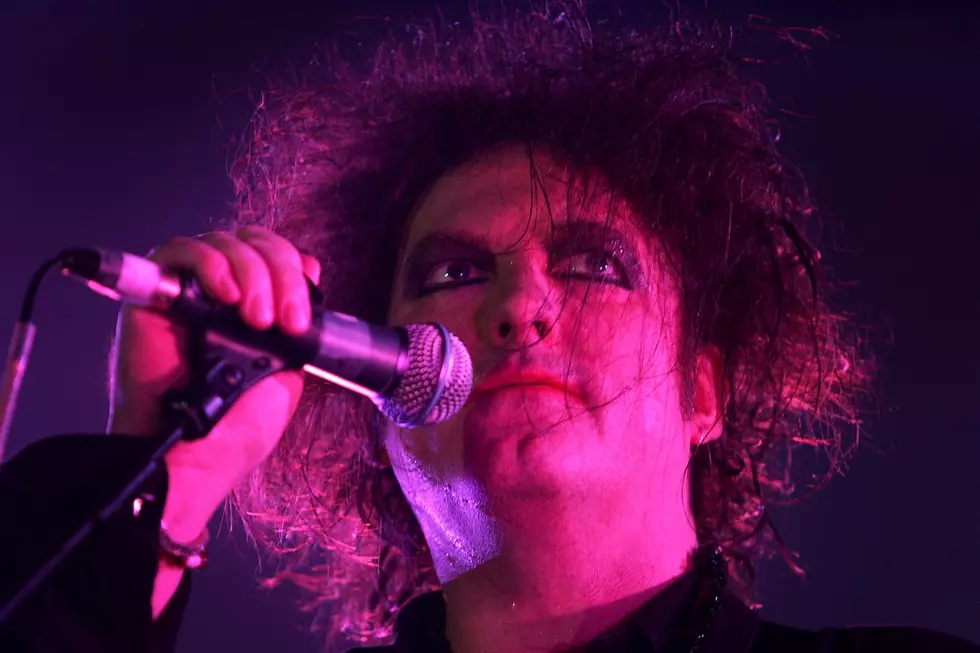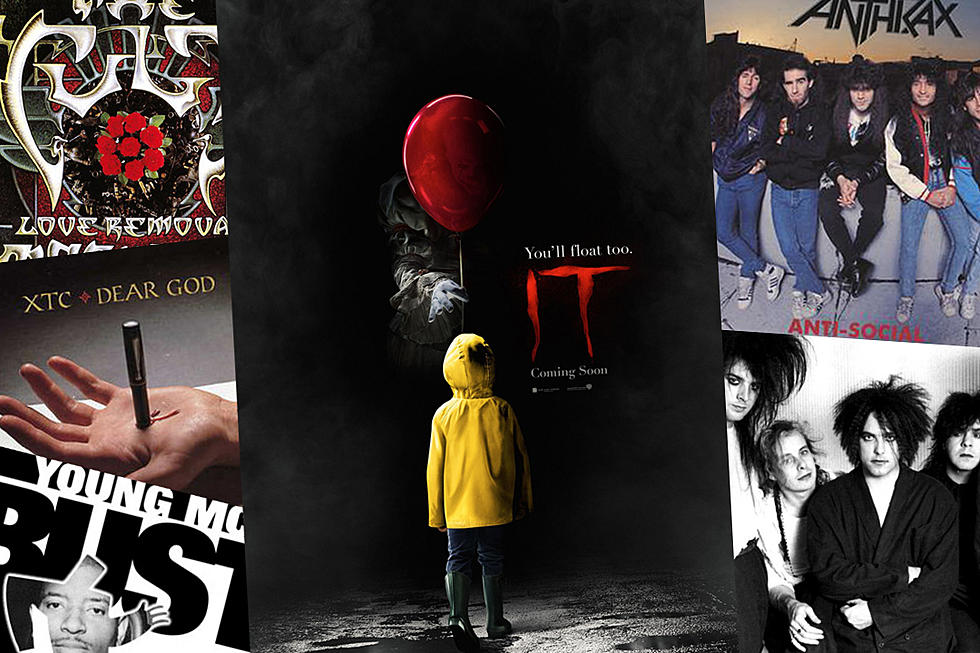
30 Years Ago: ‘Kiss Me, Kiss Me, Kiss Me’ Takes the Cure to Heaven
The Cure were coming off a sort of breakthrough with their 1985 album The Head on the Door when Robert Smith got way ambitious and hit on the idea of making the band’s next record, their seventh, a double. Part of it had to do with the conflicting directions taking over his head. Ever since the Cure’s turn toward poppier melodies around 1984, Smith needed to reconcile them with some of his most outside compositions – most of them long dirges that often seemed to go nowhere.
But part of Kiss Me, Kiss Me, Kiss Me’s scope simply had to do with Smith finally finding some balance and calm with this band. Most of the preceding years had been fraught with tension, turnover and turmoil. But The Head on the Door revealed a calmer, gentler Cure. Kiss Me, Kiss Me, Kiss Me, in a way, is the glorious reaction to the small bits of good fortune coming their way.
Look no further than the album’s first single, "Why Can’t I Be You?," for proof. Spiked with horns, a positively jubilant vocal by Smith and one of the band’s sunniest hooks, the song ushered in a new era for the group, one that mostly was leaving the doom and gloom behind. Subsequent singles "Catch" (a U.K.-only radio hit) and "Hot Hot Hot!!!" kept the party going. But it’s "Just Like Heaven" that took the band to a whole new level of awesomeness. It became the Cure’s first Top 40 hit in the U.S. But more importantly, it set them up for the next decade.
The album climbed to No. 35, the band’s best showing at the time. The other two singles both made it to the Top 70 – not bad for a group that was on the verge of collapsing just a few years earlier. It might be a bit of an understatement to say that "Just Like Heaven" saved the Cure, but few songs from the ‘80s matter as much. That it gave the band a second chance, setting up their status as one of modern rock’s biggest groups over the next few years, is undeniable. But not as undeniable as the song’s great hook.
How 50 Bands Got Their Name
More From Diffuser.fm









